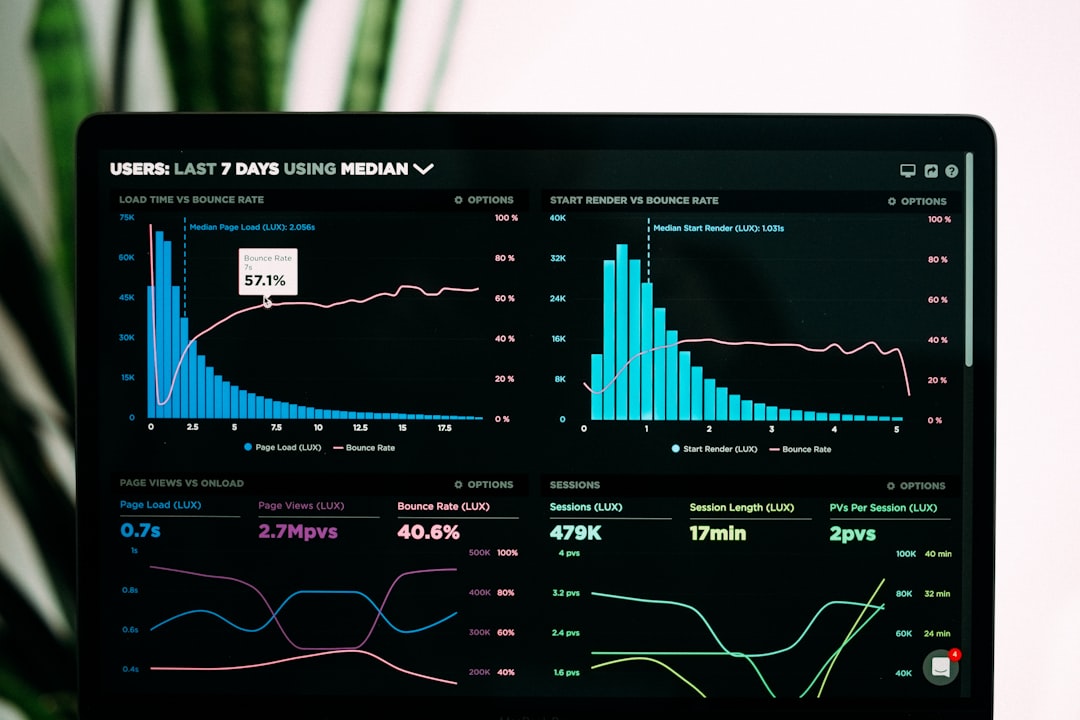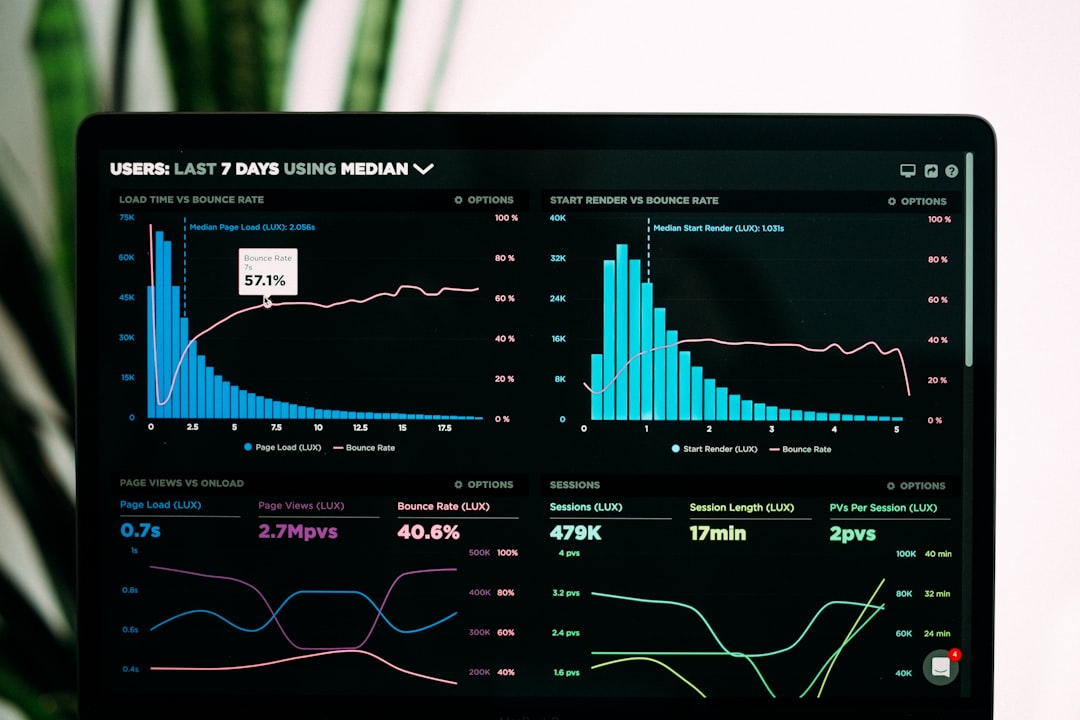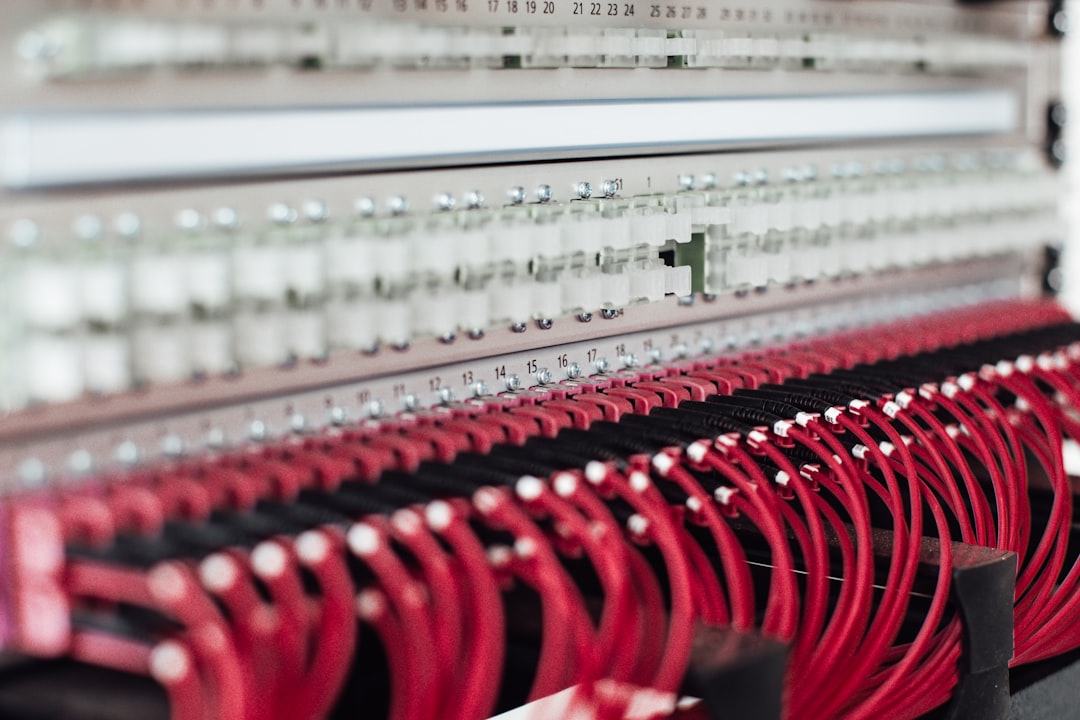Unlock encrypted content
Please enter your SSCE key to initiate on-the-fly decryption.
Decryption key: (Click cancel if you don't have the key)
Copied link to clipboard.
This feature is unavailable for free accounts. Upgrade now and enjoy all Premium benefits.
Go Premium!
This feature is unavailable for free accounts. Upgrade now and enjoy all Premium benefits.
Go Premium!
Please open this page in browser ( Google Chrome or Safari ) to use this feature.
Open In Browser
The Future of Data Storage: Cognitive Computing and Hybrid Cloud Storage.
Random related video for this blog.
Copied share link to clipboard.
Cognitive Computing Storage: The Future is Here.
Cognitive Computing Storage
Cognitive computing storage is an innovative technology that combines artificial intelligence (AI) and advanced analytics to create a more intelligent and efficient storage solution. This type of storage system can help organizations to manage and store large amounts of data more effectively, allowing them to access and analyze their data more quickly and accurately.
One of the key benefits of cognitive computing storage is its ability to automate many of the tasks associated with data storage and management. This can help organizations to reduce the time and resources required to manage their data, while also improving the accuracy and reliability of their data analysis.
Another advantage of cognitive computing storage is its ability to learn and adapt to changing conditions. This means that the system can identify patterns and trends in data, and use this information to optimize its performance over time.
For example, a cognitive computing storage system could be used to analyze customer data in real-time, identifying trends and patterns in customer behavior. This information could then be used to improve marketing campaigns, customer service, and other business processes.
Hybrid Cloud Storage
Hybrid cloud storage is another innovative technology that is changing the way organizations store and manage their data. This type of storage solution combines the benefits of both private and public cloud storage, allowing organizations to take advantage of the scalability and flexibility of the cloud while also maintaining control over their data.
One of the key benefits of hybrid cloud storage is its ability to provide scalable storage solutions that can grow and adapt to the changing needs of an organization. This means that organizations can quickly and easily scale their storage capacity up or down as their data needs change.
Another advantage of hybrid cloud storage is its ability to provide secure data sharing and collaboration capabilities. This means that organizations can share and collaborate on data with partners, customers, and other stakeholders while maintaining control over their data.
For example, a healthcare organization could use hybrid cloud storage to securely store and share patient data with other healthcare providers, improving patient care and outcomes while maintaining the privacy and security of patient data.
Exoplanets and Habitable Worlds
The search for exoplanets and habitable worlds is another area where data storage and management are playing a critical role. With the discovery of thousands of exoplanets in recent years, scientists are using advanced data analysis techniques to identify planets that may be suitable for life.
This requires the storage and analysis of massive amounts of data, including data from telescopes, satellites, and other sources. To manage this data effectively, scientists are turning to advanced storage and analysis technologies, including cognitive computing storage and hybrid cloud storage.
For example, the NASA Kepler mission used a combination of data from telescopes and advanced data analysis techniques to identify over 2,000 exoplanets, including many that may be suitable for life. This required the storage and analysis of massive amounts of data, which was made possible through the use of advanced storage and analysis technologies.
Biometric Data Storage
Biometric data storage is another area where advanced storage and management technologies are playing a critical role. With the growing use of biometric data, including fingerprints, iris scans, and facial recognition, organizations are turning to advanced storage and management technologies to ensure the privacy and security of this data.
One of the key challenges of biometric data storage is the need to protect this data from unauthorized access. This requires advanced encryption and security technologies that can protect the data from hackers and other threats.
For example, a financial institution could use biometric data storage to securely store and manage customer biometric data, ensuring the privacy and security of this sensitive information.
In conclusion, the future of data storage is bright, with innovative technologies like cognitive computing storage and hybrid cloud storage leading the way. Whether it's storing and analyzing customer data, searching for exoplanets, or managing biometric data, these technologies are helping organizations to manage and store their data more effectively, while also improving the accuracy and reliability of their data analysis.
By Amelia Isabella.
Email: [email protected]
Related
Cloud Storage with Multi-Factor Authentication: The Future of Data Management.
June 3, 2023
Read More
The Future of File Management: Centralized Permissions and Seamless Integration.
June 3, 2023
Read More
Efficient File Transfer Protocols for Secure File Collaboration and Archiving.
June 3, 2023
Read More
Popular
Latest
The Future of Digital Transformation: Exploring Smart Homes, Efficient File...
November 30, 2025
Read More
Exploring the Benefits of Cloud Storage and Innovative Technologies in...
November 26, 2025
Read More
The Future of Technology: Exploring Biohacking, Space Tourism, and Digital...
November 23, 2025
Read More
The Future of File Sharing: Streamlined Workflows for Photographers and...
November 19, 2025
Read More
Exploring the Intersection of Technology: From Cybersecurity to Augmented Reality...
November 16, 2025
Read More
The Future of File Management: Embracing Edge Computing and Efficient...
November 12, 2025
Read More
The Future of File Sharing: Exploring User-Friendly Solutions and Data...
November 5, 2025
Read More
The Future of Cloud Storage: How FileLu Empowers Creative Professionals...
November 2, 2025
Read More
The Future of Autonomous Technologies: Innovations in Robotics, File Sharing,...
October 29, 2025
Read More
Emerging Technologies Revolutionizing File Management: From Li-Fi to Robust Collaboration...
October 26, 2025
Read More
Emerging Technologies: Exploring the Impact of File Access Auditing, Genetic...
October 19, 2025
Read More
The Future of Data Storage: Exploring Advanced Encryption, Mobile Integration,...
October 5, 2025
Read More
Exploring the Future of Data Management: Security, Efficiency, and Cognitive...
September 28, 2025
Read More
Revolutionizing Data Management: Innovations in Storage, Security, and Sustainable Technology.
September 24, 2025
Read More























